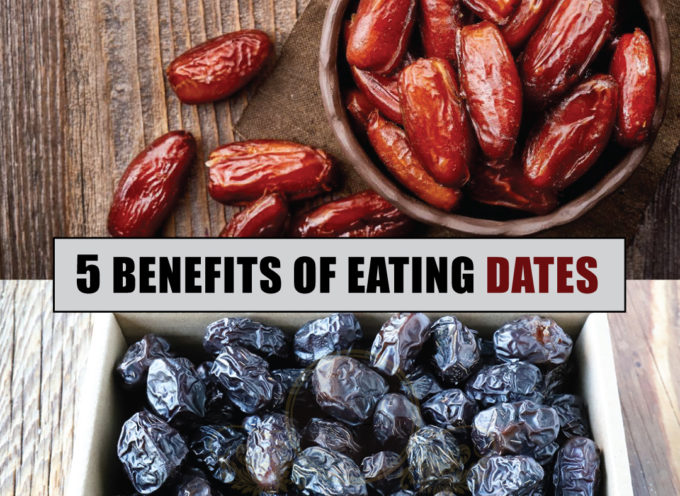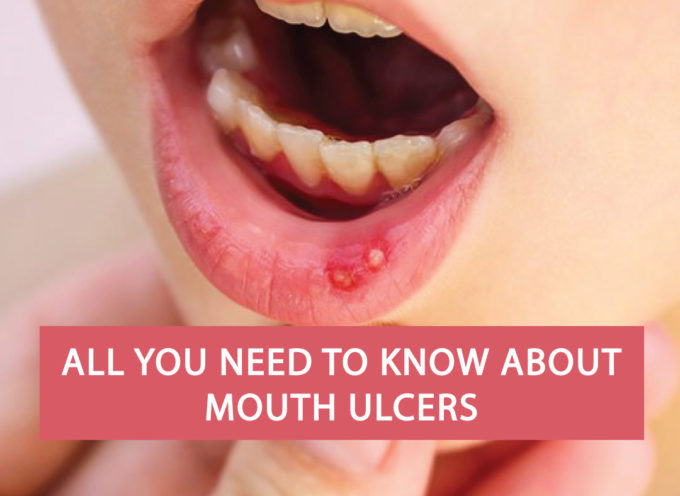Intermittent fasting is not a diet it is a pattern of eating. It doesn’t change what you eat, it changes when you eat. It is a great way to get lean without going on a crazy diet or cutting your calories down to nothing. The eating state lasts for 8 to 10 hours and you stop eating for 12 to 14 hours after that (allowed to drink plain water).

Photo Credit : harvardhealth
FIX YOUR DIET BEFORE FASTING
If you were to stop everything else you’re doing and just started fasting immediately then nothing bad would happen. You can deal with it. But in lots of cases, their diets aren’t that optimized and they’re not as healthy as they could be. That would be something you have to focus first before starting fasting. If you’ve been eating a bad diet for a while then your first concern shouldn’t be intermittent fasting because you’ll have a much more difficult time doing it. You’ll also get some detox symptoms like nausea, headaches, diarrhea and vomitting. Maybe you can start with keto diet before going into intermittent fasting. To actually get through the adaptation phase to fasting you must clean up your diet beforehand so that once you break the fast you’ll naturally go towards a healthier way of eating. This should take no longer than a week or two.
MAKE IT SUSTAINABLE
This is not a crash diet or a quick way to lose weight. You should start thinking on how to make intermittent fasting sustainable and something to stick to for the rest of your life. What kind of fasts do you think you’ll be able to do consistently for the long haul. If you won’t be able to stick to a routine then it’s not going to be that effective! Of course, there are times where you may want to have an all or nothing approach for instance when trying to lose weight faster. Those times should be balanced out by a more sustainable schedule.

Photo Credit : thenational
OPTIMIZE YOUR SLEEP
Most of the benefits of fasting take effect during a deep sleep. That’s when your body releases the most growth hormone and burns fat. If your sleep quality begins to suffer because of getting too stressed out because of fasting, drinking too much coffee while fasting, eating too close to bedtime or suffering from insomnia, then it’s not worth it. You want to focus on optimizing your sleep first. The key is to not drink coffee afternoon, don’t exercise intensely in the evening and stop eating at least 2-4 hours before bed.

DON’T UNDERFEED YOURSELF
Fasting doesn’t slow down your metabolism by itself. In fact, 48 hours of fasting can actually raise it by 3-14%. Metabolic adaptation occurs because of crash dieting, prolonged periods of low calorie intakes, low thyroid function and eating too little food. If you’re fasting and eating too little calories, then of course your metabolism will eventually get slower. You can easily avoid that by keeping your calories higher and just eating the same amount of food in a smaller portion. For fat loss you still need a caloric deficit but you don’t want to drop your calories extremely low for too long periods of time. That’s why breaking the fast with food that feed you properly is important for keeping your metabolic rate up.
GO FOR A LONG WALK
Walking is one of the best forms of movement because you’re being active, keeping the heart pumping, getting fresh air, and burning more fat while you’re at it. Doing it in nature also has a de-stressing effect. Walking is a low intensity exercise that uses only fat for fuel. That combo of fasting and walking is a great way to burn more fat. Granted you still need to be eating at a caloric deficit to lose body fat but walking increases your total daily energy expenditure without making you hungrier, damaging your joints, or frying your nervous system. Focus more on walking than doing a lot of HIIT training.









No comments!
There are no comments yet, but you can be first to comment this article.